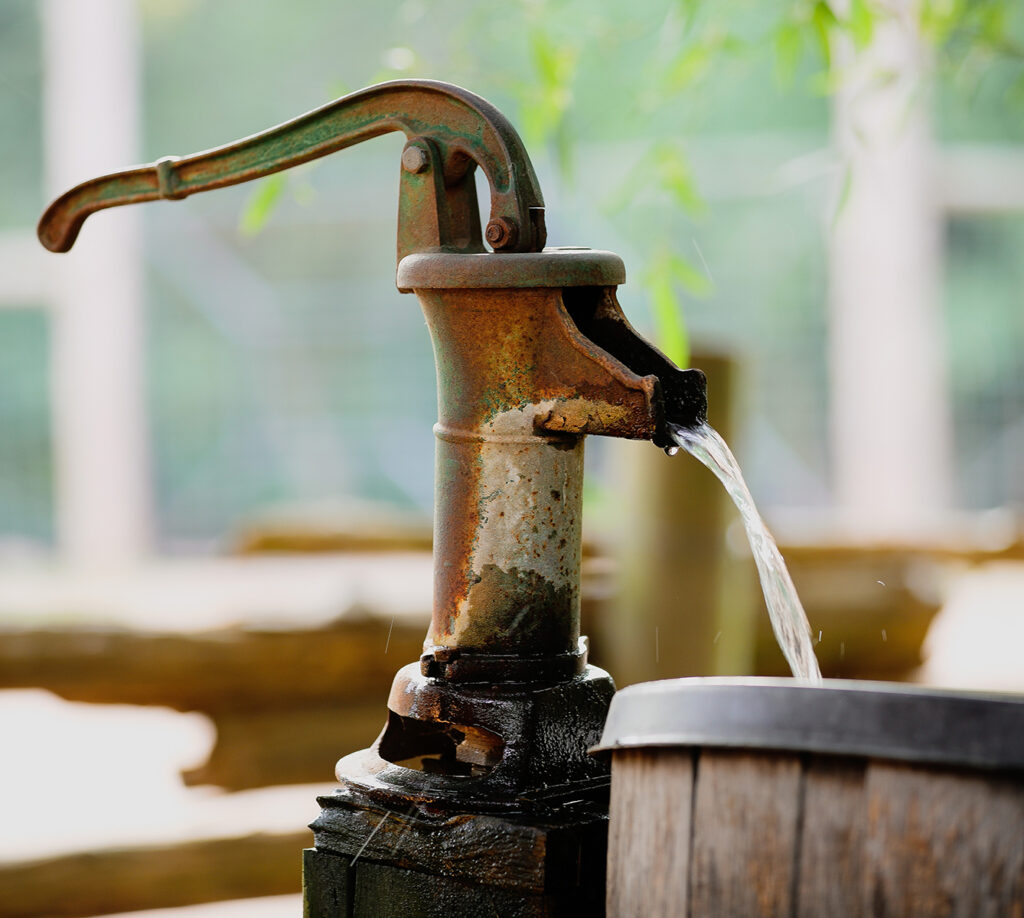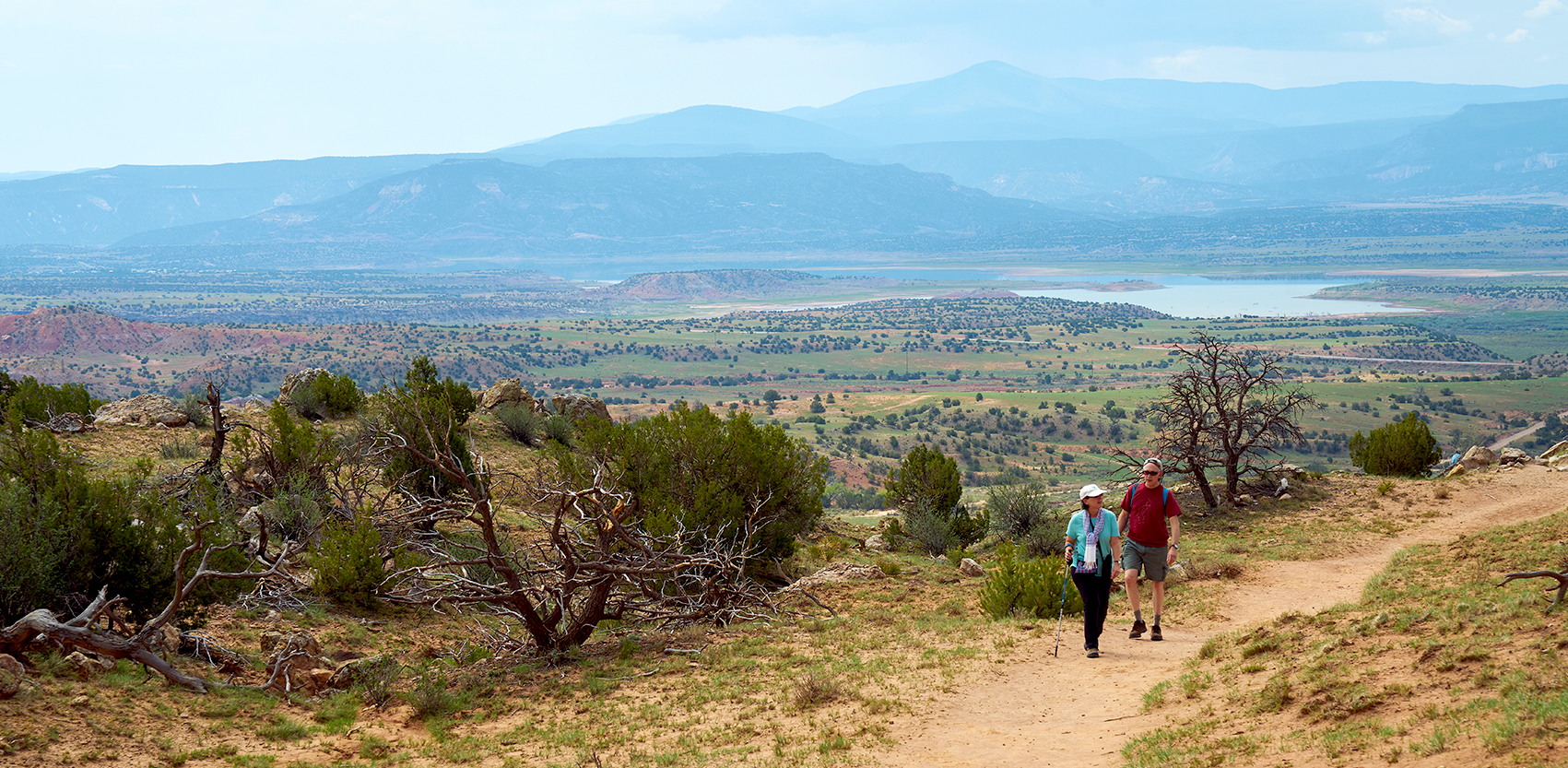A hazardous substance is something not normally found in ground water and considered dangerous to health or a substance found in higher concentrations than is considered safe for drinking water. An example is Arsenic, normally found in water, but in many parts of NM, in concentrations considered unsafe for our health. Most hazardous contamination comes to attention when a municipal or private well notices the contaminate.

Having your groundwater (i.e., a private domestic well) tested is a multi-step process. First, you must choose a water testing laboratory. There are private ones around the state; find the one closest to you by searching online for “environmental testing laboratory (your location).” The New Mexico Department of Health also has a scientific lab in Albuquerque which can be reached at 505-383-9000. All those labs charge fees for testing water.
In general, whether going with a private lab or a state one, the next step is to get a bottle kit. Such a kit is free, but there will then be charges when you return it according to what types of testing you want. Most people choose tests for the presence of specific microorganisms such as E. Coli and levels of chemicals such as Nitrates, Arsenic, and Lead. Such testing will cost about $100.00. Mortgage lenders in Bernalillo County now require water testing if there is a well on your new property. The state also has special categories of tests that you might find relevant and useful. For example, if you are in a heavy agriculture area, you might want to run the ‘pesticide panel’. If you are in an area by a gasoline station, you might want the ‘underground storage panel.’
Although it will be less extensive, there is also a free option for testing your private well: the New Mexico Environment Department (NMED) will test for only Nitrate, Iron, and Fluoride. Collect a sample in your own container, fill out a Well Testing Form, and take both to your nearest NMED field office. In the mid Rio Grande there is one in Rio Rancho, Los Lunas and Albuquerque. See the NMED Free Well Water Testing page for more information.
The NMED also carries out water quality tests on municipal wells every three years, as required by the federal Environmental Protection Agency (EPA). The major categories are Nitrates, Cyanide, Fluoride, Heavy Metals, Volatile Organic Compounds (VOCs), Synthetic Organic Compounds, and Radioactive Compounds. There are many sub-classes for these last three categories. When contaminants are found, the frequency of testing increases.
Currently, Polyfluorinated Substances (PFAS) are an unregulated contaminate according to the EPA, but from this year through 2025 samples are being collected from water nationwide in order to establish standards.

